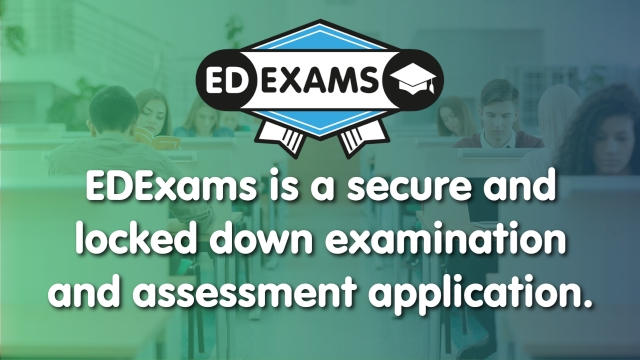Whilst the pictures in the news on GCSE results day are mainly of teens jumping up and down in happiness, there is a significant proportion of students hovering in the background who might have failed what they considered to be key elements of their GCSEs.
However, instead of panicking, there are some tangible things students can do next.
Resits for maths and English
The first thing to remember is that, if a result is lower than a 4 in English and maths, students are currently required to resit those exams to be eligible for further funding. This continues until they’re 18, although there are options for functional skills qualifications to be used instead for students who can’t meet the standards.
While there’s often the option to resit those exams in November, there are some that argue resitting the entire year of that subject is of more use, since complacency about success in a November resit would impact the possibility of success the following June.
Talk to teachers and potential sixth forms or colleges
If a student fails in the subjects that would have confirmed their next steps, first talk to the subject teachers and see what they think about the grade.
If there’s a genuine agreement that the paper might be worth a remark attempt then that’s one option – but remember that grades can go down as well as up. Teachers might also be able to advise on resits and other ways forward.
Another part of the support system for students is the sixth form or college entry team. Narrowly missing pass grades in some subjects might not be the end of the world, and they might be able to recommend different courses or subjects that might suit individual students. They could also recommend different colleges that could be more accepting of certain grades.
Consider the vocational route
In too many cases, the vocational options don’t pop up until pupils are faced with failure at GCSE level, but these are often a better fit for some students and can lead to a good career.
To start with, find out what’s on offer at the sixth forms and colleges in an area. Students can make an appointment to talk about their options and they should think carefully about what they might like to do.
Some vocational paths include on-the-job training while others don’t – students should check what they’re signing up for and what they’ll be qualified to do at the end of it.
Final thoughts – students shouldn’t isolate themselves
It’s undeniable that opening the envelope and seeing that they’ve failed some or all the subjects they felt they needed to pass is going to be difficult to deal with. However, remember that there are many people who have been in this exact same position and gone on to thrive.
Students might even be able to speak to adults who have gone on to be a success in their chosen field despite a history of failed exams. Find out if their school offers the opportunity to connect with the wider local community in this way.
Either way, finding someone they can talk to about their plans may help, and remember, there’s always an alternative path.











